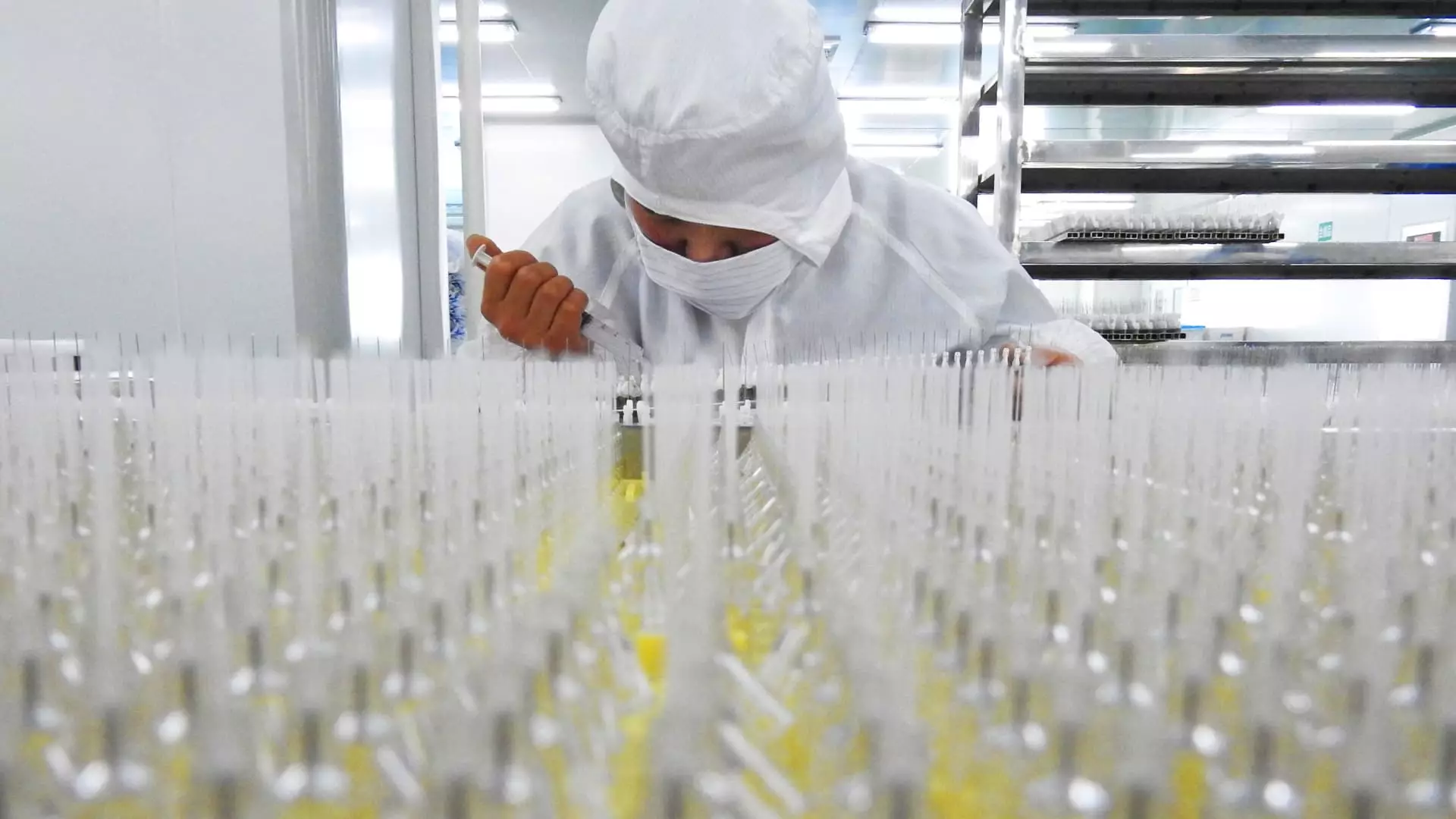At first glance, recent retaliatory measures between China and the European Union might seem to be mere strategic responses in a complex economic dance. However, beneath this veneer lies a troubling narrative: the erosion of genuine partnership and trust under the guise of reciprocity. China’s decision to restrict imports of European medical devices exceeding 45 million yuan signals a shift from diplomatic exchanges towards a more confrontational stance that risks destabilizing the fragile economic equilibrium. This isn’t simply about tariffs or market access; it exposes a deeper issue of reciprocity, fairness, and mutual respect. Both powers are entrenching protectionist policies under the pretense of fairness, yet they reveal an underlying desire to dominate narratives, markets, and influence rather than foster genuine cooperation.
Protectionism as a Weapon, Not a Response
Contrary to the official rhetoric, these measures are less about safeguarding national interests and more about wielding economic power as a weapon. China’s restrictions on European medical devices with significant EU components and the EU’s bans on Chinese companies participating in lucrative public tenders reveal an increasingly adversarial environment. Instead of engaging in dialogue to address concerns about market access, both sides are resorting to protective barriers that threaten to spiral into a self-perpetuating cycle of hostility. The European decision to bar Chinese firms from public tenders, citing unfair treatment in China, reeks of a double standard and a failure to recognize the interconnectedness that modern supply chains demand. Similarly, China’s targeted duties on European brandy, especially cognac, are thinly veiled acts of economic revenge, exposing the fragility of their supposed strategic autonomy.
The Deep-rooted Consequences of Rising Tensions
What are the long-term implications of this escalating tit-for-tat? Such actions fragment the global marketplace, damaging opportunities for innovation and mutual prosperity. They signal a fundamental shift away from cooperation towards a unilateral approach, driven more by nationalistic instincts than by sensible diplomacy. The power imbalance is evident: China, with its immense manufacturing capacity, and Europe, with its technological finesse, should ideally collaborate rather than collide. But as these retaliations unfold, it becomes clear that both sides are prioritizing short-term leverage over sustained partnership. This not only jeopardizes the stability of the global economy but also undermines the prospects of a balanced, multipolar world where mutual respect and openness could prevail.
The Need for a Reimagined Approach to Global Relations
If there is any silver lining, it resides in the recognition that these conflicts are symptoms of deeper trust deficits and geopolitical anxieties. A truly resilient global order depends on transparent dialogue, equitable treatment, and a shared commitment to open markets that transcend protectionist tendencies. Instead of doubling down on barriers, China and Europe must recalibrate their approach—leaning into diplomacy, reforming flawed frameworks, and fostering an environment where mutual interests are prioritized over dominating narratives. Anything less risks cementing a fractured world, divided not only by tariffs and duties but by a fundamental lack of respect and understanding that could undo years of progress. Only through genuine engagement can these major powers hope to restore trust and forge a future rooted in fairness, rather than fear and retaliation.

